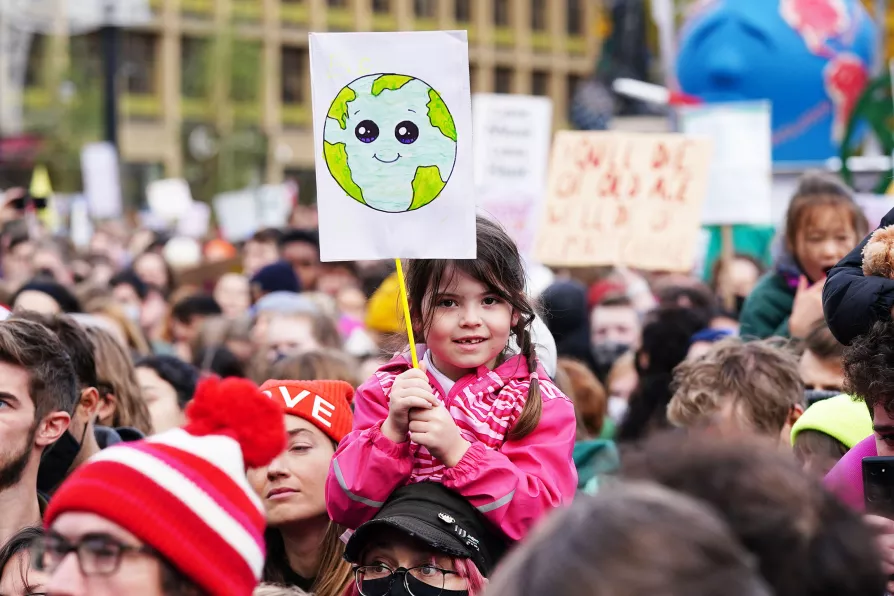As the RMT Health and Safety Conference takes place, the union is calling for urgent action on crisis of work-related stress, understaffing and the growing threat of workplace assaults. RMT leader EDDIE DEMPSEY explains


THE Intergovernmental Panel on Climate Change report states clearly that we need a code red response to a code red emergency.
Days into the most important Cop of our lifetime we have seen warm fluffy pledges to shift away from coal, to end public financing for “unabated” fossil fuel projects abroad and we have countries proudly outlining their own targets to decarbonise industrial sectors.
Any action is of course positive but what we have seen so far is sparse. Sadly more toothless targets are not the code red response the world truly needs.

From summit to summit, imperialist companies and governments cut, delay or water down their commitments, warn the Communist Parties of Britain, France, Portugal and Spain and the Workers Party of Belgium in a joint statement on Cop30

Climate justice and workers’ rights movements are uniting to make the rich pay for our transition to a green economy, writes assistant general secretary of PCS JOHN MOLONEY, ahead of a major demonstration on September 20












